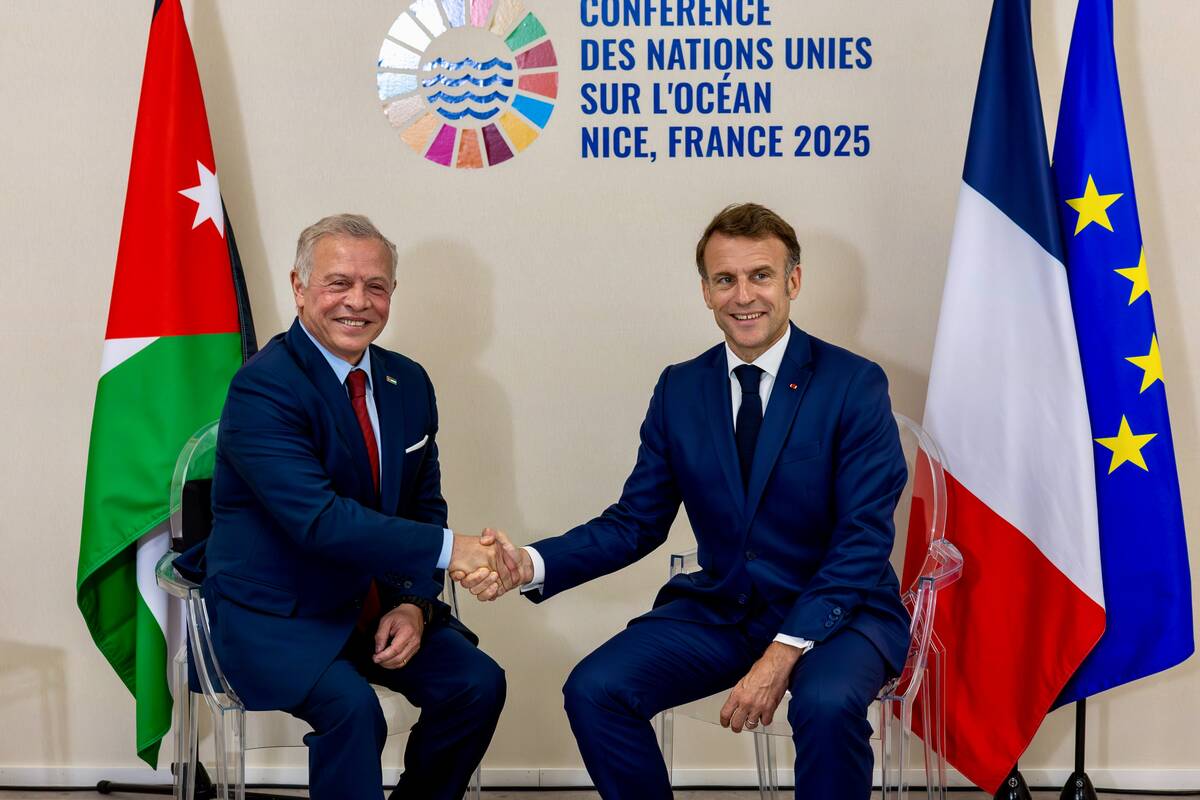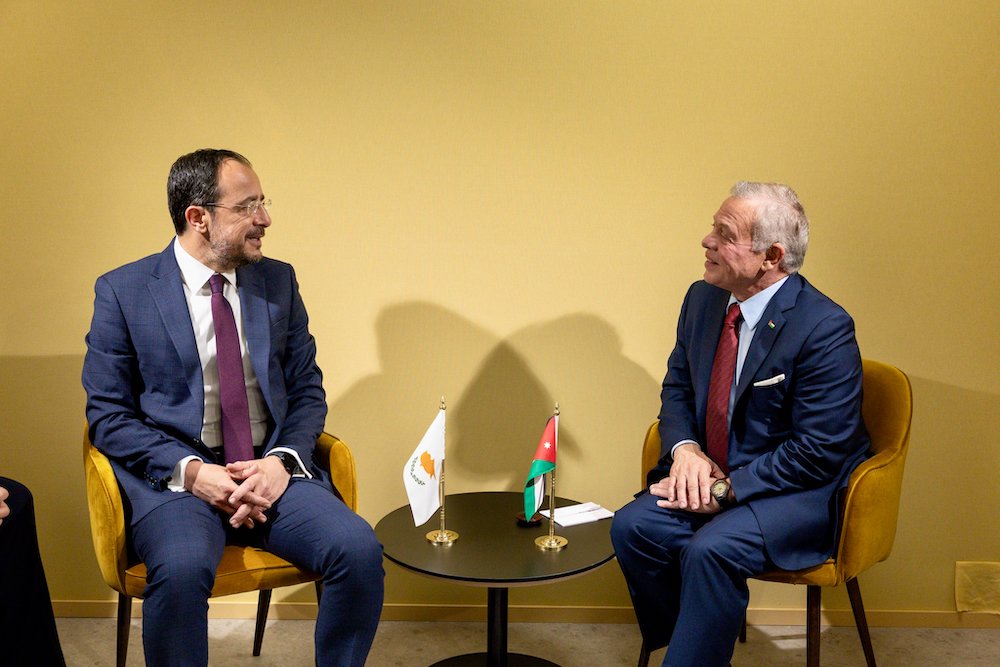KARACHI: Pakistan’s economy is expected to grow 2.7 percent in the outgoing fiscal year, missing the government’s 3.7 percent target due to what analysts called weaker-than-expected performance in the agriculture and industrial sectors, as Finance Minister Muhammad Aurangzeb unveiled the annual Economic Survey on Monday.
The survey, released ahead of the national budget on June 10, serves as a pre-budget document assessing the economy’s trajectory over the past year.
It outlines key indicators and policy challenges facing the country, which remains under an International Monetary Fund (IMF) program and is navigating a fragile recovery after a prolonged financial crisis.
“This has been a gradual recovery,” Aurangzeb told a televised news briefing in Islamabad, adding that the country’s economic performance must be viewed in the larger global context.
The finance minister said after contracting by 0.2 percent in FY23, Pakistan’s economy grew 2.5 percent last year and is expected to expand slightly to 2.7 percent in the outgoing year.
“We plan to stay the course to ensure that we remain on the sustainable growth trajectory,” he added.
Aurangzeb reaffirmed the government’s commitment to implementing IMF-backed structural reforms to transform the fundamentals of Pakistan’s economy.
“The DNA of Pakistan’s economy has to be fundamentally changed through tax and energy reforms that have started showing remarkable results,” he said.
The minister maintained staying in the IMF program would help Pakistan bring permanence to its hard-earned macroeconomic stability and reduce its economic vulnerability.
“Implementing a 37-month, US$7 billion IMF Extended Fund Facility (IMFEFF) has bolstered policy credibility and provided essential financial support to promote inclusive and reform-driven growth,” the Economic Survey also proclaimed.
Analysts said Pakistan targeted 3.7 percent economic growth for the outgoing fiscal year but was forced to revise it to 2.7 percent last month due to underperformance in the agriculture sector.
“The government did fall short of its 3.7 percent GDP growth target for FY25 and primarily it was due to a major setback in the agriculture sector,” said Sana Tawfik, head of research at Arif Habib Limited.
“The agriculture sector posted a growth of just 0.6 percent so the situation was especially concerning in major crops,” she added.
According to the survey, the agriculture sector is expected to grow by 0.56 percent, while the industrial and services sectors are likely to expand by 4.77 percent and 2.91 percent, respectively.
Meanwhile, inflation has eased significantly, giving room for monetary easing.
Aurangzeb called the inflation trend a “fantastic story” for Pakistan, with the pace of price hikes slowing to a record low of 0.3 percent in April. Inflation is expected to settle at 4.3 percent in the outgoing financial year.
The State Bank of Pakistan also cut its benchmark interest rate by over 1,000 basis points to 11 percent in FY25, with more easing likely ahead.
“This is the domain of the State Bank and the monetary policy committee so I don’t want to comment on that,” Aurangzeb said. “But I do expect where our core inflation is, where headline inflation is, there is room to do more.”
On the fiscal side, the survey showed that the government managed to contain the deficit at 2.6 percent of GDP for July-March, compared with 3.7 percent during the same period a year ago.
Revenues rose sharply, with tax collections increasing by 26.3 percent to Rs9.3 trillion ($32.9 billion), while total revenues stood at Rs13.4 trillion ($47.5 billion). Primary surplus also improved to 3.0 percent from 1.5 percent.
Government expenditure during this period rose to Rs16.3 trillion ($58 billion), with current and development spending increasing by 18.3 percent and 33 percent, respectively.
On the external front, Pakistan recorded a sharp turnaround in its current account, moving from a $1.3 billion deficit to a $1.9 billion surplus, driven by improved exports and record remittance inflows.
“The industry also struggled. If you look at the manufacturing sub-sector so LSM [large scale manufacturing] remained in the negative territory,” said Tawfik, noting that weak domestic demand, high inflation and elevated interest rates had weighed on performance.
“In short both demand and supply side factors combined dragged down the overall growth across key sectors of the economy,” she continued.
Aurangzeb said the government was working to further reduce energy costs for local investors.
“On the energy side, as I said one-third of the tariffs, seven rupee is not a small amount and Mr. Leghari [power minister] is working on it day in and day out,” he said.
Planning Minister Ahsan Iqbal last week said the government was targeting 4.2 percent growth in the next fiscal year starting July. Aurangzeb echoed this target, noting that growth would be driven by a rebound in agriculture and industry.
“This target would be achieved through growth in industries and agriculture that are expected to rebound on the back of government’s favorable financial, tax and energy policies,” he said.
Pakistan’s multilateral and bilateral partners, including the IMF, World Bank, China, Saudi Arabia and the United Arab Emirates, remain supportive of the country’s reform path.
“With respect to the Fund and multilateral partners I’ve already mentioned we are in a good place with them both in terms of the mission and the senior management of the Fund,” Aurangzeb said. “The monetary institutions and our bilateral partners are standing by us as we move forward.”
Shankar Talreja, an economist and director at Topline Research Ltd., expressed optimism about the outlook.
“There will be some natural rebound in important crops under the agriculture segment,” he said. “Similarly, due to lower interest rates, industrial and services sectors will also post decent growth.”
























